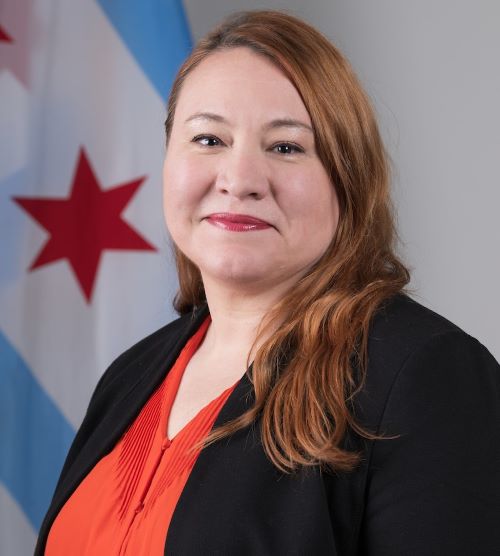Why do we fall for misinformation?
Explore opportunities to increase capacity for public library staff and community members to address and navigate problematic information.
This event has passed.
From falling for cheap fakes to trusting the credibility of AI-generated references, we can all be vulnerable to online misinformation. In this webinar, learn about several research-based strategies that can supplement and expand on your existing information literacy approaches with patrons. Researchers from the University of Washington’s Center for an Informed Public (CIP) will unpack how online information environments influence what we see and believe online. Come explore opportunities to increase capacity for public library staff and community members to address and navigate problematic information.
Presented by:
- Jevin West, Co-Founder, Center for an Informed Public and Associate Professor, University of Washington Information School
- Chris Coward, Co-Founder, Center for an Informed Public and Senior Principal Research Scientist, University of Washington Information School
- Kate Lapinski, Director of Adult Services, Chicago Public Library
This project is made possible through a grant from the Institute of Museum and Library Services.
Access recording
- View webinar recording (You will be prompted to login to our free Course Catalog.)
Webinar attachments
- View slides (pdf)
- View chat (xls)
- View captions (txt)
- Learner Guide (doc) Use alone or with others to extend your learning.
Related resources and links
- Center for an Informed Public (CIP)
- See other webinars in series:
- How do we rebuild trust in authoritative information sources?
- Empowering Teens: Enhancing Information Literacy through Games and Interactive Programming
- IMLS grant announcement: Misinformation Media Literacy: Supporting Libraries as Hubs for Misinformation Education
- CIP Newsletter: https://www.cip.uw.edu/news/cip-news-insights-newsletter/
- Misinformation Escape Room:
- Sign up to play or host Loki’s Loop games
- Video: Learn more about Loki’s Loop games
- WebJunction: Backgrounder on the Euphorigen Investigation
- WebJunction webinar: Break free from misinformation in an escape room
- Misinfo Day: https://www.cip.uw.edu/misinfoday/
- CIP Community Fellowship: https://www.cip.uw.edu/community-fellowship/
- SIFT Method for Source analysis and fact checking
- SIFT (the four moves)
- MisinfoDay: Fact-Checking Claims and Sources (youtube.com)
- Game: Which Face Is Real?
- Slideshow deck: MisinfoDay 2023: Types of Misinformation [Public].pptx - Google Slides
- Quiz: Spot the Deepfake (spotdeepfakes.org)
- Additional articles referenced in presentation:
- The Viral ‘Study’ About Runners Spreading Coronavirus Is Not Actually a Study, Vice News
- The Machine Runs Amok, University of Washington Magazine
- Scientists are drowning in COVID-19 papers. Can new tools keep them afloat? Science
- US surgeon general Vivek Murthy: ‘Loneliness is like hunger, a signal we’re lacking something for survival’ The Guardian
- To counter conspiracy theories, boost well-being, Nature
- The Dangers of Medical Misinformation, EmergencyPhysicians.org
- Facebook Knows Instagram is Toxic for Teen Girls, Documents Show, Wall Street Journal
- Finance worker pays out $25 million after video call with deepfake ‘chief financial officer’, CNN
- Phony Billionaires on Facebook are Scamming Americans Out of their Life Savings, Wall Street Journal
- The role of libraries in misinformation programming: A research agenda, Journal of Librarianship and Information Science
Date
10 July 2024
Time
3:00 PM – 4:00 PM
Eastern Daylight Time, North America [UTC -4]

Webinar presenter Jevin West

Webinar presenter Chris Coward

Webinar presenter Kate Lapinski
